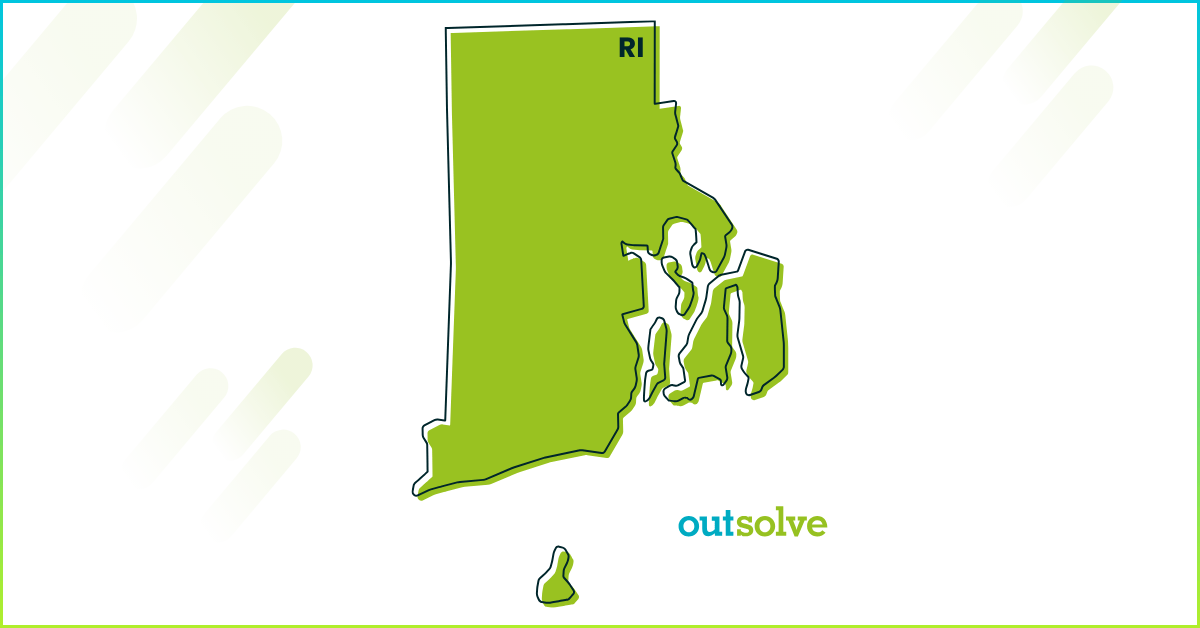Non-U.S. citizens working abroad may be excluded from OWBPA disclosures
On January 14, 2021, the Equal Employment Opportunity Commission (EEOC) issued a formal Opinion Letter clarifying whether non-U.S. citizen employees working for a U.S. company outside of the United State must be included in the disclosure required for compliance with the Older Worker Benefit Protection Act (OWBPA).
History
In 1990, the OWBPA was enacted and amended the Age Discrimination in Employment Act (ADEA) to impose specific requirements for releases of ADEA claims. The OWBPA states that an employee may not waive any rights afforded to them under the ADEA unless that release is made “knowingly and voluntarily.” The employer must give employees age 40 and older a minimum of 45 days to consider whether to sign the release agreement and seven days to revoke the agreement after it has been signed.
In addition, when an employer offers severance to two or more employees in exchange for an agreement that includes a waiver of claims under the ADEA, they must provide the employee with written information of: (1) any class, unit, or group of individuals covered by such program, any eligibility factors for such program, and any time limits applicable to such programs, and (2) the job titles and ages of all individuals eligible or selected for the program, and the ages of all individuals in the same job classification or organizational unit who are not eligible for the program. Even though EEOC describes the “class, unit, or group” of individuals “eligible or selected for the program” as the “decisional unit”, the regulations failed to clarify who that included.
The EEOC’s Opinion Letter concludes that “employers subject to the requirements of the ADEA are not required to include in OWBPA disclosures employees working outside the United States who are not U.S. citizens because such individuals are not ‘employees’ for purposes of the ADEA.” However, U.S. citizens working internationally and international employees working in the United States for U.S. companies would need to be included in the disclosure. U.S. citizens working outside the United States for non-U.S. companies would not.
Founded in 1998, OutSolve has evolved into a premier compliance-driven HR advisory firm, leveraging deep expertise to simplify complex regulatory landscapes for businesses of all sizes. With a comprehensive suite of solutions encompassing HR compliance, workforce analytics, and risk mitigation consulting, OutSolve empowers organizations to navigate the intricate world of employment regulations with confidence.
Weekly OutLook
Featured Posts

5 Key Compliance Items HR Can’t Afford to Ignore

HR Compliance Checklist: What Every HR Pro Needs to Know
Related Posts

What You Need to Know About the Rhode Island Pay Transparency Law
Pay transparency continues to gain traction at the state level, and Rhode Island is no exception. Let’s dive into the details of how this law works...

Legal Series: How to Balance Transparency with Confidentiality in Executive Compensation
This article is part of an ongoing legal series designed to provide insight and practical guidance on current and emerging workplace compliance...

Federal Contractor Data from 2016-2020 EEO-1 Consolidated Reports to Be Posted on OFCCP’s Website
After several years of litigation, the Office of Federal Contract Compliance Programs (OFCCP) will be posting federal contractor EEO-1 race/ethnicity...
-1.png)
